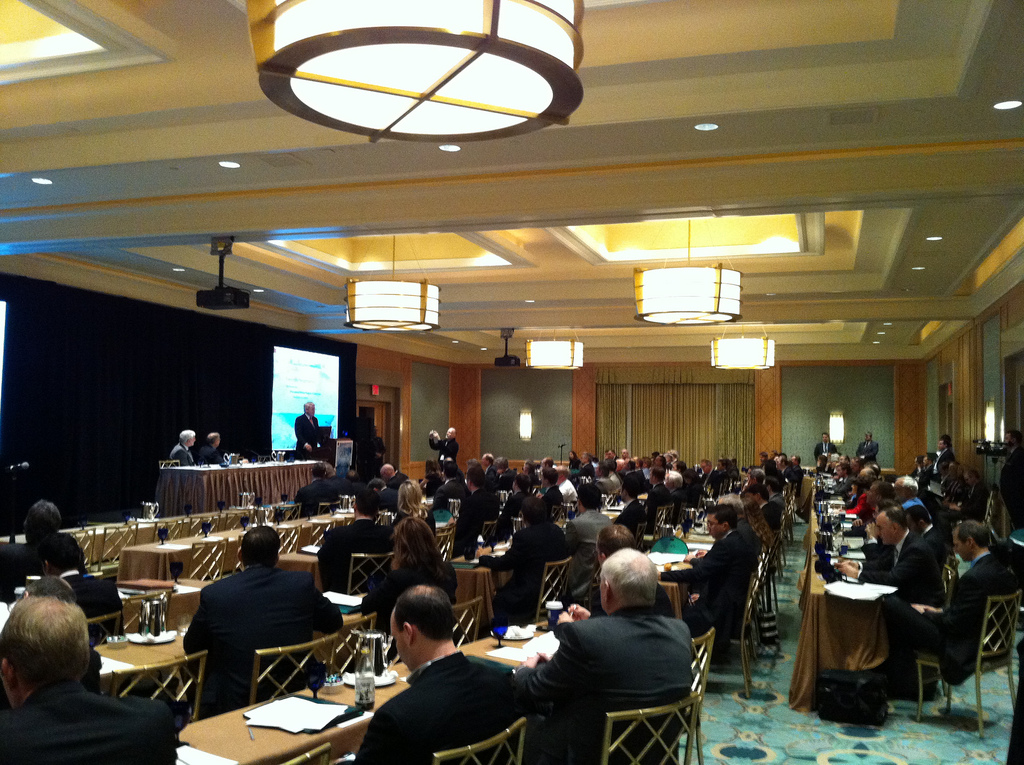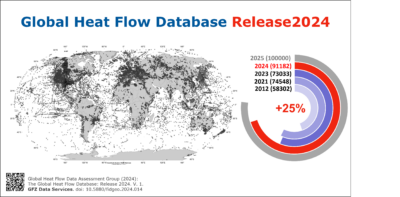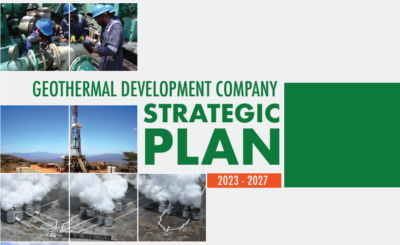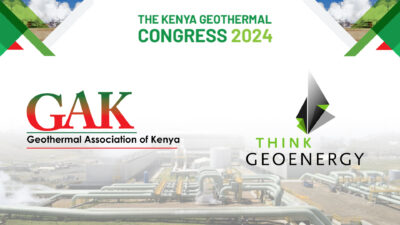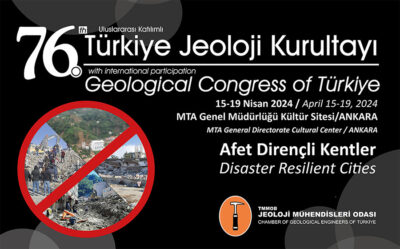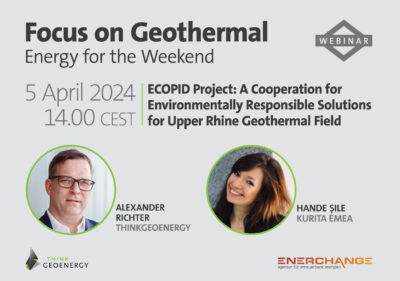Key challenges for increased US geothermal development
Key presenters at this year's GEA Geothermal Energy Finance Forum in New York, highlighted key hurdles for increased geothermal development, mentioning a too lengthy permitting process, potential lack of staffing projects, but also the need for drilling finance.
At the GEA Geothermal Energy Finance Forum in New York yesterday, the organizers saw a great turnout with nearly 250 participants. Held the second time in New York, it was drawing a crowd from the city’s financial institutions, developers and international players.
It is by far the largest gathering of financial players at a geothermal energy focused event. Organized by the U.S. Geothermal Energy Association (GEA) it is aimed at promoting geothermal energy and attract much needed investments into the industry.
A press meeting with Karl Gawell, the Executive Director of the GEA, the President of Iceland Olafur Ragnar Grimsson, Arni Magnusson from Icelandic Íslandsbanki, Dita Bronick from Ormat Technologies and Brian Fairbanks, CEO of developer Nevada Geothermal Power, discussed among other things key hurdles for geothermal development in the U.S. and ways to push development forward.
Dita Bronicki was saying that “permitting is a key issue for the industry”, the lengthy process of obtaining permits for building a geothermal power plant is slowing down development. Permitting for oil and gas projects sees much faster lead times, while geothermal – essentially the same issues for obtaining permits – sees a way lengthier process. There is – so Bronicki – a moral committment to renewable energy, which requires the same if not a preferential treatment when it comes to mundane things like permitting.
Karl Gawell commented on the permitting issue quoting that environmental reviews as part of the permitting process are the key elements that slow down development and while “uncertainties about duration of availability of tax incentives” are a concern, “permitting essentially has a huge impact on the bottom-line of development as it prolongs the time until a geothermal power plant can come online”.
The President of Iceland, who gave a passionate speech about geothermal energy and its potential for regional development and the various forms of utilization, talked about the untapped potential in the U.S. and how he urges the media to promote geothermal energy to help policy makers making a transition in their thinking towards this important form of energy.
Arni Magnusson of Islandsbanki pointed out that while permitting is an issue, the possible lack of human resources is a key concern going forward. He also talked about the increasing demand for drilling rig, which might end up in a situation that geothermal will have to compete for drilling rigs. At the same time the accessibility to financing the drilling phase of geothermal development is a crucial element and the bank talked about tackling this through offering a mezzanine product that would allow covering part of drilling through debt financing.
In the talks of the first finance panel, Brian Harenza of Hannon Armstrong also pointed out the cooperation of Islandsbanki and his bank on providing a complete package solution for drilling finance, construction and later project financing. Definitely an interesting approach and I will follow up on this in an interview with Hannon Armstrong in the coming weeks.
